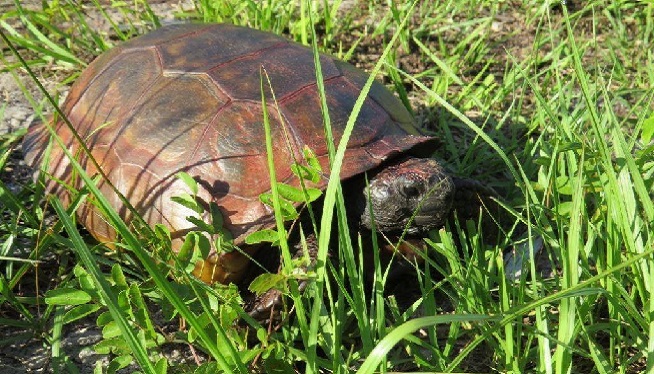WASHINGTON — (CNN) More than two thirds of the world’s wildlife could be gone by the end of the decade if action isn’t taken soon, a new report from the World Wildlife Fund revealed on Thursday.
Since 1970, there has already been a 58% overall decline in the numbers of fish, mammals, birds and reptiles worldwide, according to the WWF’s latest bi-annual Living Planet Index.
If accurate, that means wildlife across the globe is vanishing at a rate of 2% a year.
“This is definitely human impact, we’re in the sixth mass extinction. There’s only been five before this and we’re definitely in the sixth,” WWF conservation scientist Martin Taylor told CNN.
“It’s because we’re using so much of the planet and we’re destroying so much of (these animals’) habitat.”
In the report, the rapid extinction is blamed on habitat loss, over exploitation of resources, pollution and climate change.
Wetlands, lakes and rivers were the worst hit since 1970, seeing an 81% decrease in their species population — about 4% a year.
‘A threat to our future’
Among the species mentioned in the report are elephants, whose numbers have fallen by a fifth in ten years, as well as sharks and rays, a third of whom face extinction from overfishing.
Taylor said the deaths of animals and fish across the globe weren’t just a threat to biodiversity but could see humanity threatened as well.
“Governments (need) to take action to halt the slow death of the planet because it isn’t just affecting wild species it’s affecting us too. This is a threat to our future as a species, what we’re doing to the planet,” he said.
“We only have one planet if we screw it up then we’re gone.”
To prevent a sixth mass extinction, Taylor said governments must take immediate action to cut down on emissions and habitat destruction.
“There’s a lot people can do even if they’re not wealthy or living in wealthy countries, such as using renewable energy, looking for certified sustainable products and most particularly talking to your members of parliament … saying you want strong environmental laws,” he said.
The report was compiled by monitoring trends in 14,152 populations of 3,706 different species of vertebrates, including fish, mammals and birds, across the world.
The-CNN-Wire ™ & © 2016 Cable News Network, Inc., a Time Warner Company. All rights reserved. (PHOTO: Florida Fish and Wildlife Conservation via CNN)





















